Lifestyle
15 Things We Took for Granted in the 20th Century
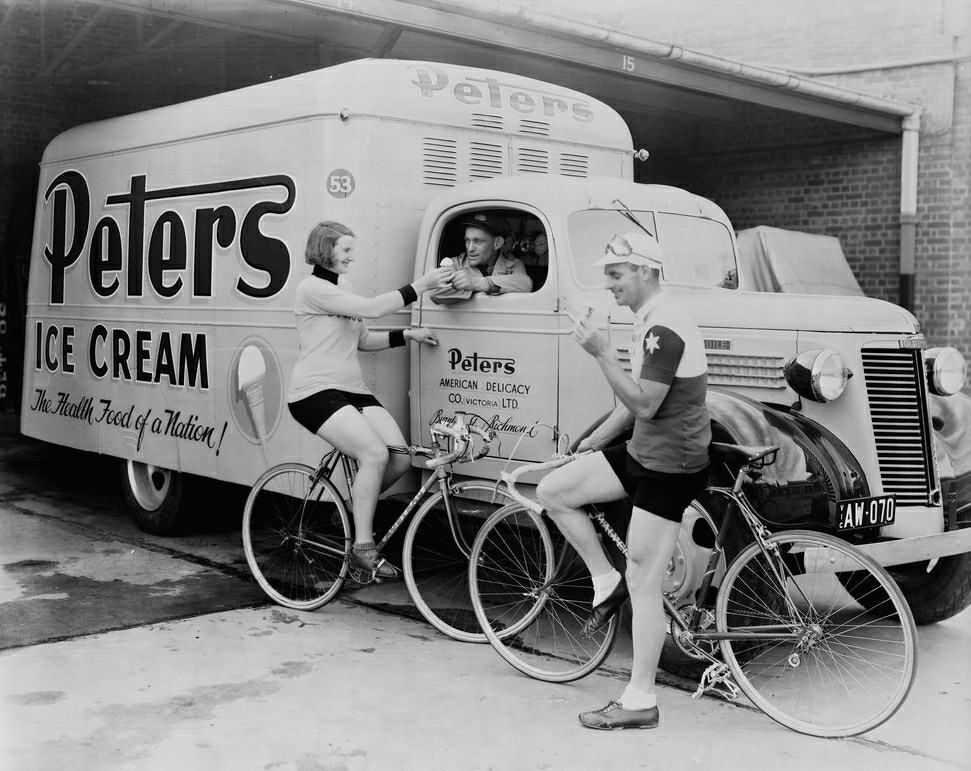
Back in the 20th century, life had a certain rhythm that people didn’t question because it felt normal. We didn’t realize that so many everyday things we depended on, from how we communicated to how we spent our free time, would eventually disappear, change, or become unrecognizable. Looking back now, it’s clear there were simple comforts and common habits we truly took for granted.
Talking to Someone Without Looking at a Screen
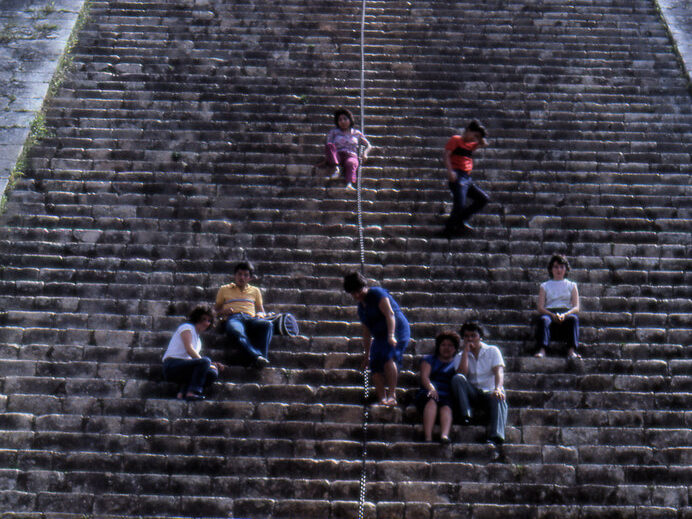
In the 20th century, when you wanted to chat with someone, you actually picked up the phone and called—or just knocked on their door. Conversations happened face-to-face or voice-to-voice, with no texting, typing, or group chats. There was something honest about not being able to edit your words or hide behind a screen, and people didn’t realize how rare that kind of interaction would become.
Getting Excited About Developing Film
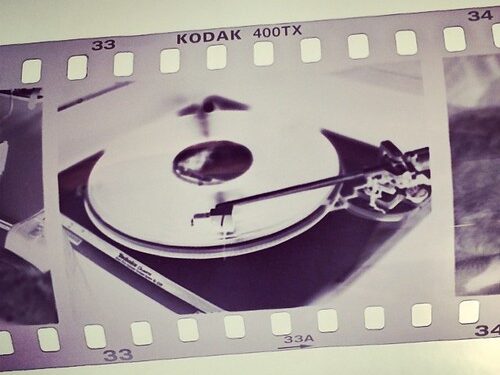
Before camera phones and instant selfies, taking pictures was something you planned. You’d drop off a roll of film and wait days to see how they turned out. That moment of opening the envelope and flipping through prints was simple but full of surprise and excitement. We didn’t think much of it then, but there was magic in the wait and the joy of reliving memories on glossy paper.
Knowing Your Neighbor’s Name (and Their Dog’s Name Too)

It used to be normal to borrow sugar, chat over the fence, or watch each other’s kids play outside. Neighborhoods were full of familiar faces, and people genuinely looked out for one another. Now, with garage doors, delivery apps, and digital everything, that everyday connection has faded for many. Back then, community wasn’t a goal—it was just a way of life we didn’t realize we’d miss.
Using a Paper Map Without Getting Lost
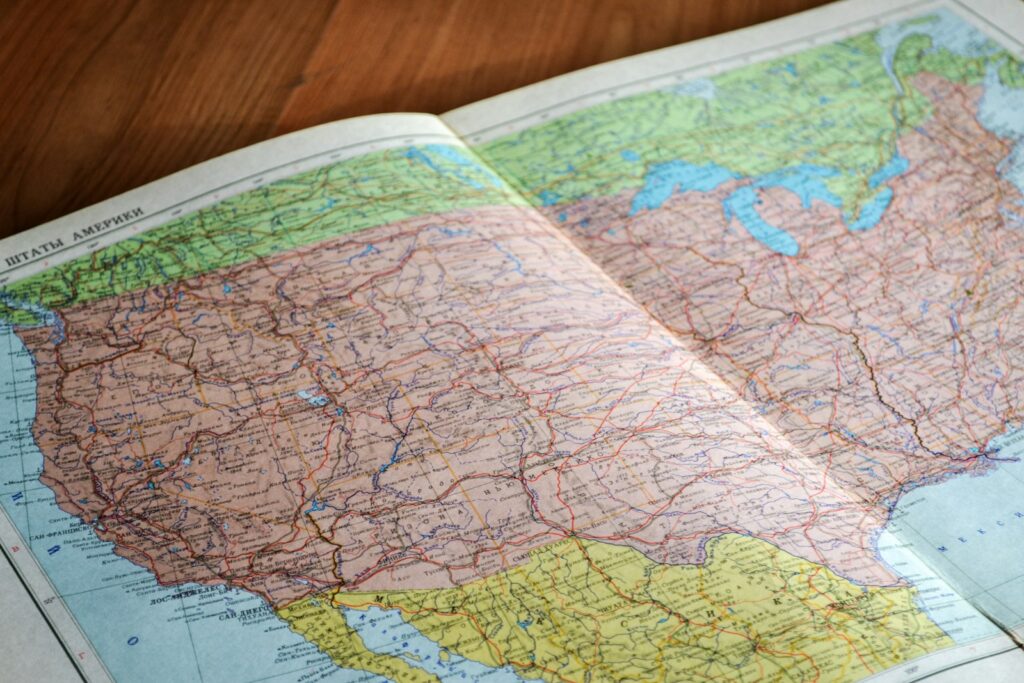
There was a time when people could fold out a map, figure out a route, and get to where they needed to be—all without a GPS voice telling them where to turn. Sure, you might take the wrong road or need to stop and ask for directions, but that was part of the journey. Reading a map felt like a little adventure, and no one thought twice about it.
Making a Mixtape for Someone You Cared About
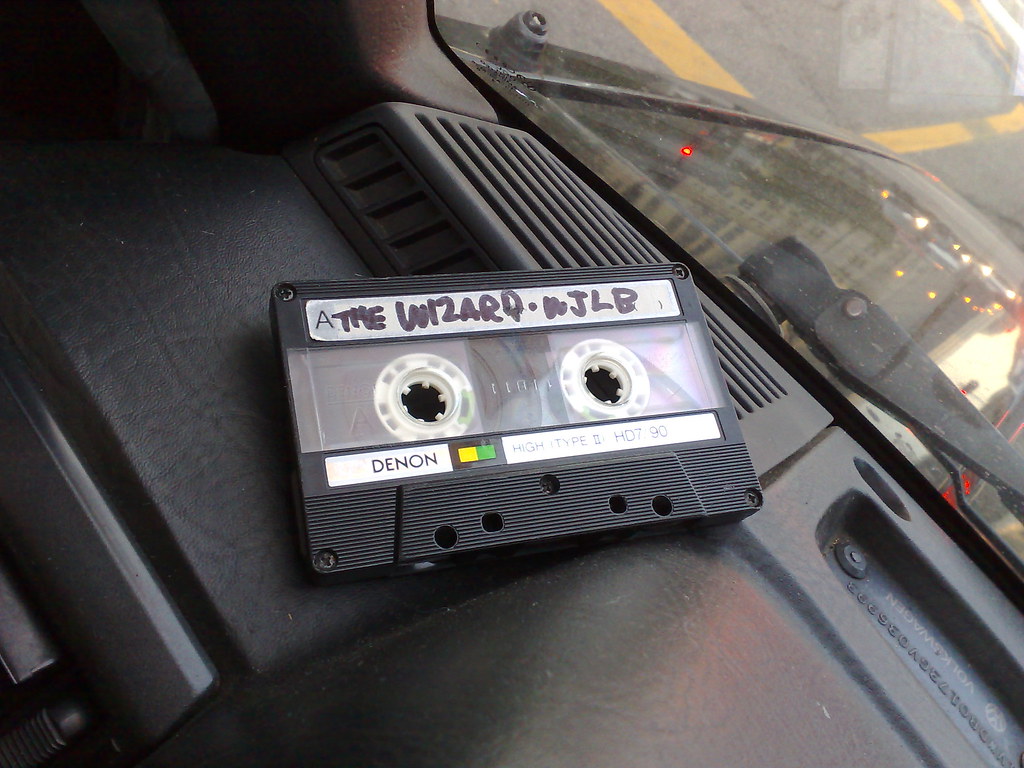
Whether it was a cassette or a burned CD, making a mixtape took time, thought, and a little creativity. You had to pick the perfect songs, record them one by one, and decorate the case. It wasn’t just about music—it was about sharing how you felt. Today’s playlists are very easy to send, but back then, a mixtape was a tiny labor of love we didn’t fully appreciate.
Watching TV Together as a Family at a Set Time
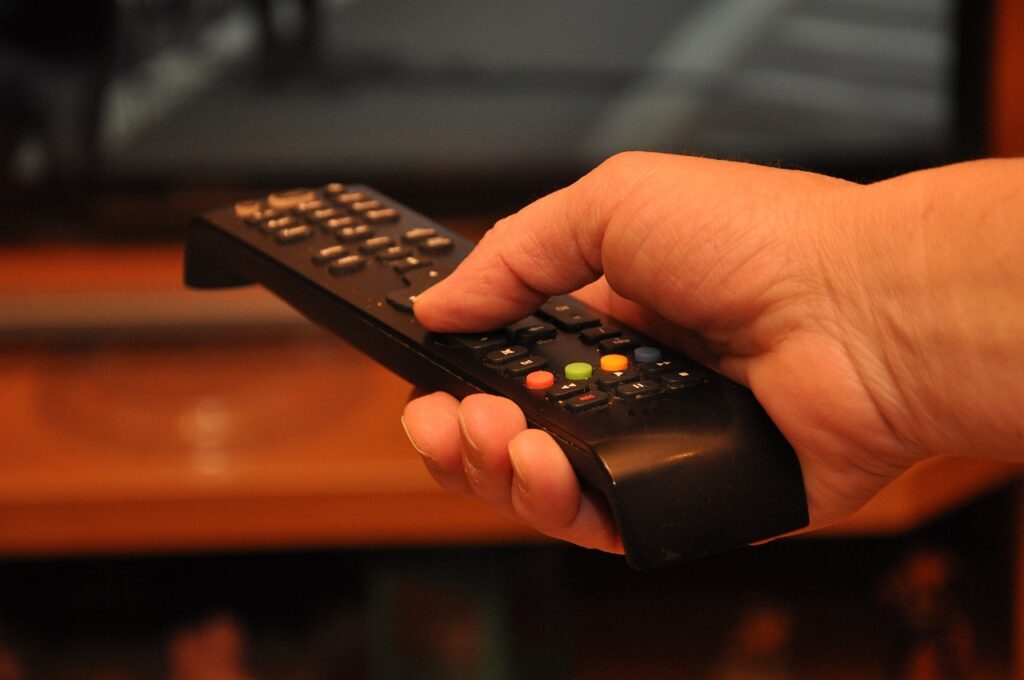
When a show came on at 8:00 PM, you planned your evening around it. Families would gather on the couch, maybe with popcorn or dinner on trays, and everyone would watch the same thing together. There were no spoilers or binge sessions—just weekly anticipation and shared laughs. We took it for granted that entertainment brought us together, one episode at a time.
Calling a Business and Talking to a Real Person
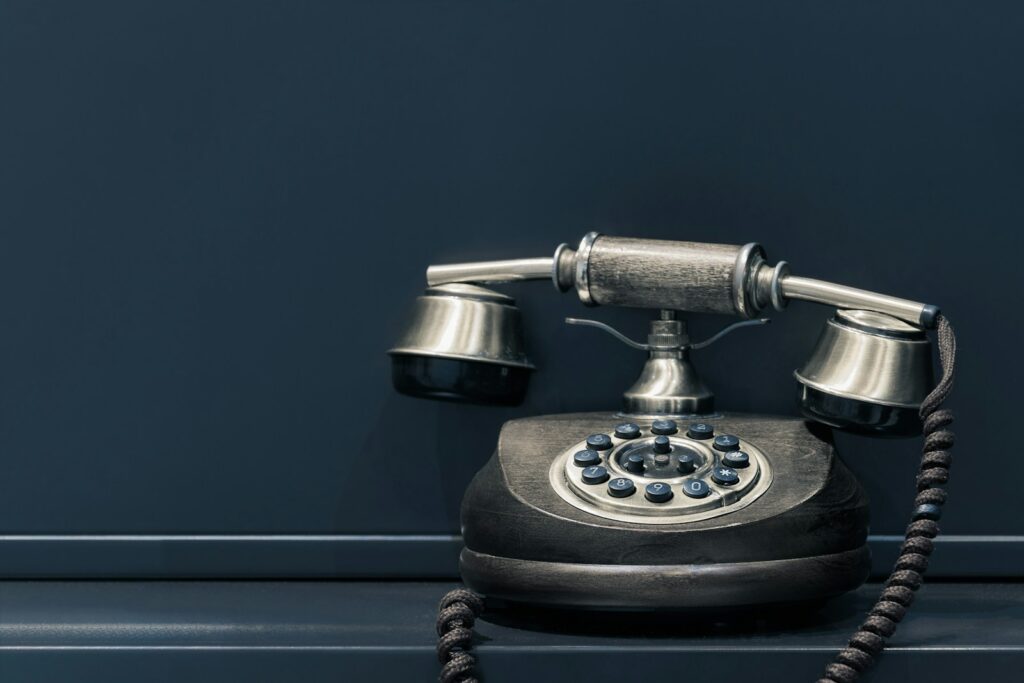
Back in the day, if you called a store, a dentist, or even the phone company, someone actually answered. You didn’t have to press “1” for English or talk to a robot. Getting help meant speaking to a real human who worked there. It was frustrating at times, sure—but at least you felt like you were being heard, and no one expected anything different.
Sitting Through Commercials Without Complaining
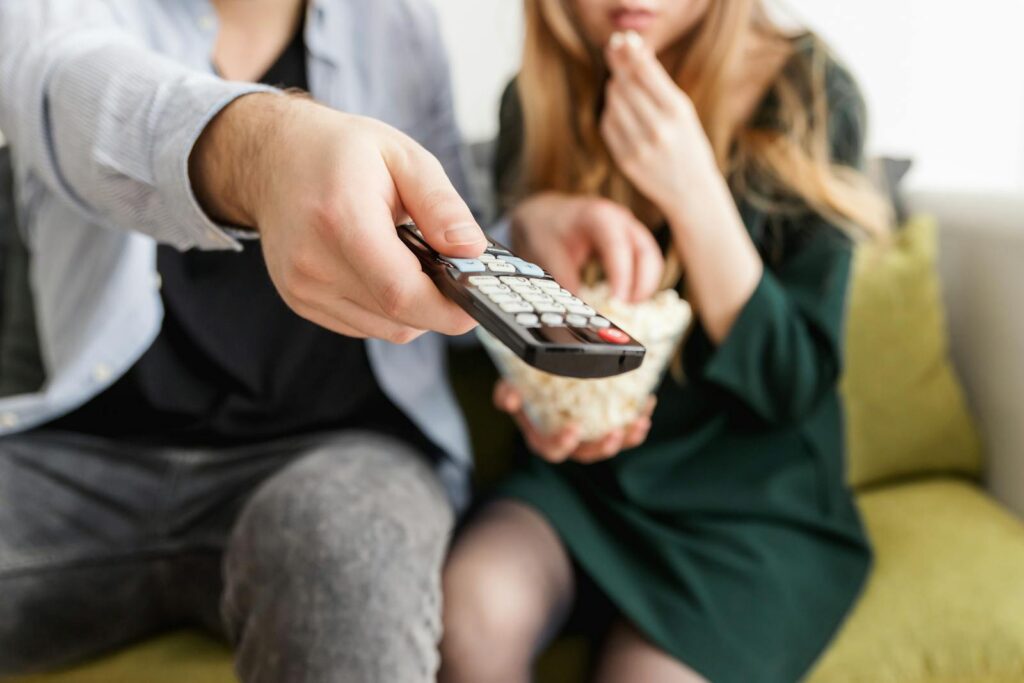
Whether it was during Saturday morning cartoons or your favorite nighttime drama, commercials were just part of the deal. You used that time to grab a snack or talk about the show—but you didn’t skip them because you couldn’t. And even though we didn’t love them, there was something comforting about knowing when the break would end and the show would come back.
Writing and Receiving Handwritten Letters

Before emails and texts, getting a letter in the mail felt personal and special. Whether it was from a friend at camp, a loved one overseas, or even a holiday card, people wrote things out in pen and sealed them with care. Writing letters took time, and reading them felt meaningful. It was such a normal part of life, and we didn’t stop to realize how much emotion came with every envelope.
Being Unreachable—and That Being Okay

If someone called your house and you weren’t home, they just left a message or called back later. You didn’t feel guilty about not answering, and no one expected you to be available 24/7. It was totally normal to be out of touch for hours or even days. That freedom to unplug and live in the moment without pressure? We didn’t know how lucky we were to have it.
Getting News from the Evening Paper or the 6 O’clock Report

Before news alerts and social media updates, people got their news once or twice a day—from the newspaper or the evening broadcast. You trusted your sources and didn’t spend hours doom-scrolling or fact-checking. The world moved slower, and so did the news. It was more focused, less overwhelming, and strangely comforting to know there was a set time to tune in and then move on.
Playing Outside Until the Streetlights Came On
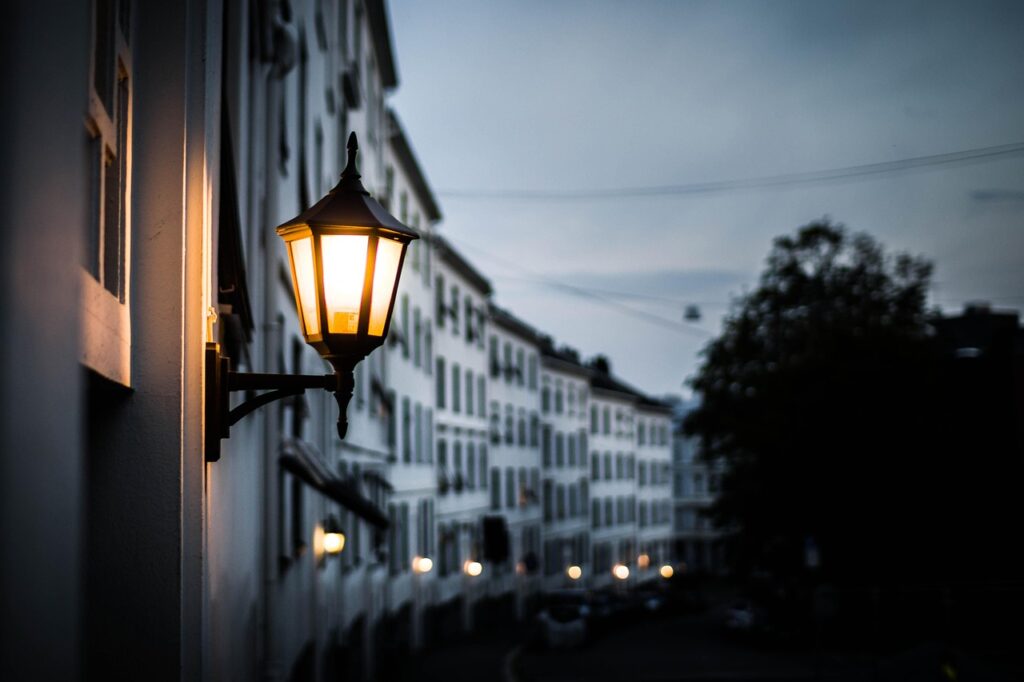
Kids didn’t need playdates or schedules—just a bike, some chalk, and maybe a ball. You went outside after school and stayed out until it got dark or someone’s mom yelled your name. There were no phones to check in, just the unwritten rule that the streetlights meant it was time to go home. It was freedom mixed with simplicity, and we never thought that kind of childhood would fade.
Hearing the Ice Cream Truck and Actually Running for It
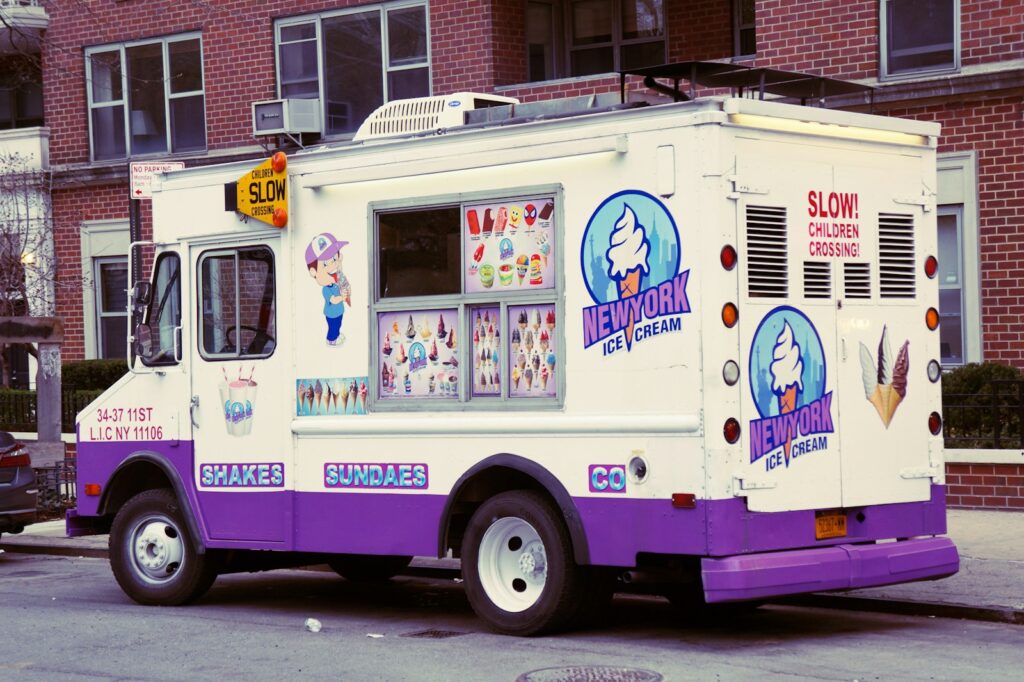
That sound drifting through the neighborhood was like a starting pistol. You’d scramble for change, dash outside barefoot, and hope to catch the truck before it turned the corner. It was pure excitement and something you looked forward to all summer. Now, kids can get sweets delivered in minutes—but that thrill of chasing the ice cream truck? That was a sweet moment we took for granted.
Using a Library Card Like a Golden Ticket

Walking into the library felt like entering another world, where anything was possible, and everything was free—as long as you returned it on time. You’d search the shelves, check out stacks of books, and maybe even use the microfilm machine if you were feeling adventurous. That little card gave you access to stories, knowledge, and quiet afternoons, and we didn’t realize just how special that was.
Having Just One Phone for the Whole House
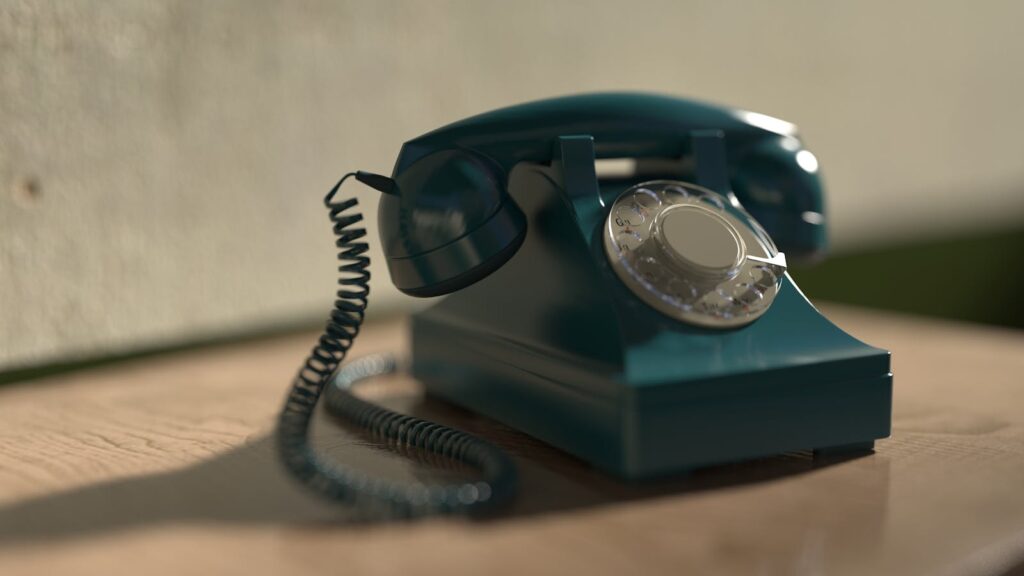
There was one phone, probably in the kitchen, with a cord that only stretched so far. If someone was using it, you waited your turn—or eavesdropped if you were sneaky. You memorized numbers, shared the line with the whole family, and sometimes fought over who got to use it. It sounds inconvenient now, but back then, it felt completely normal—and it brought the family closer in ways we didn’t even notice.

